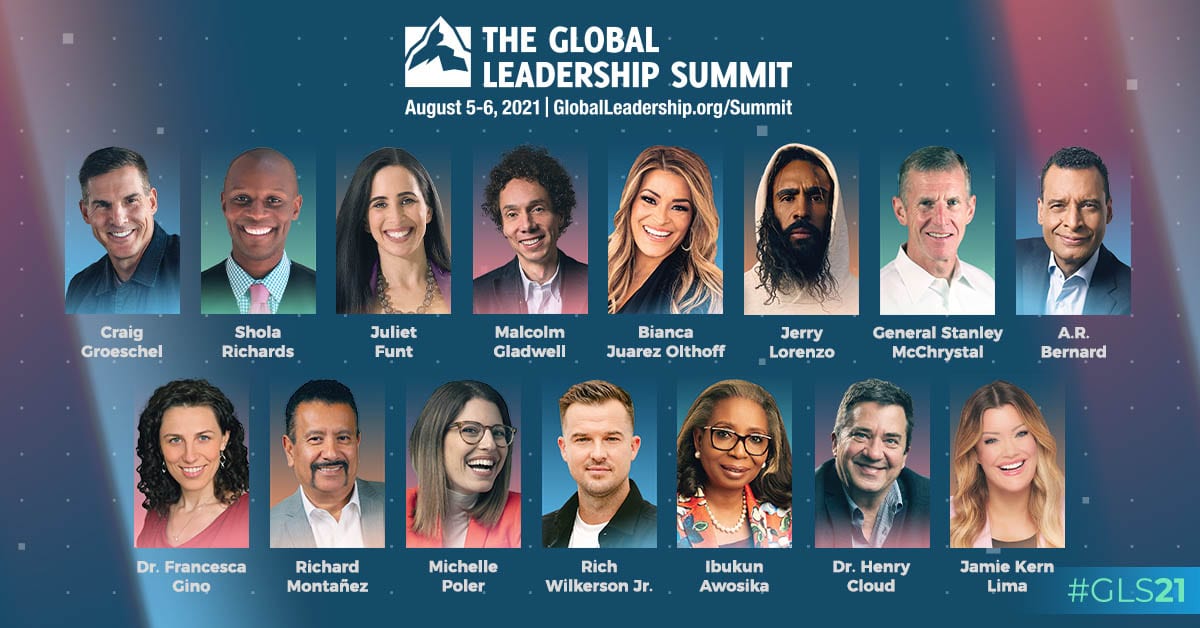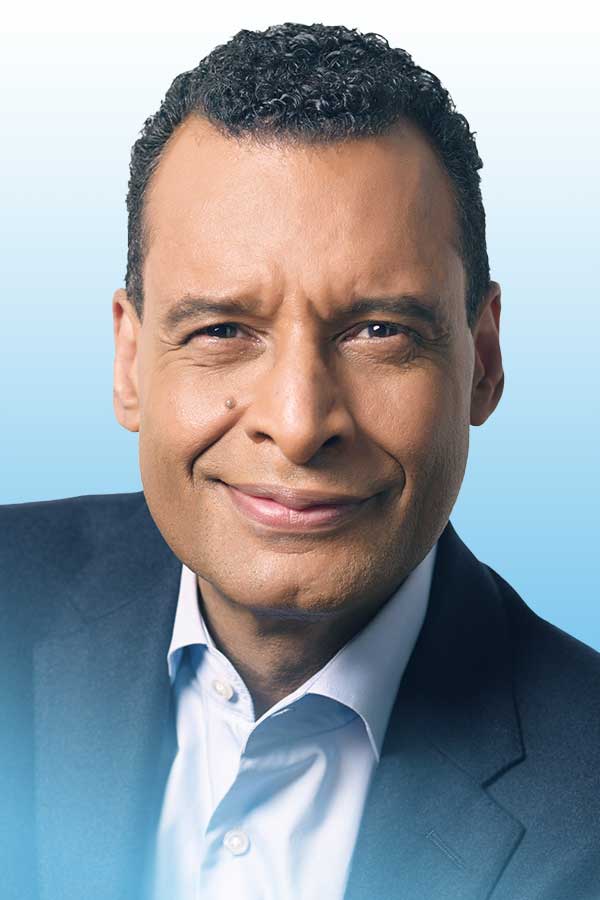
It’s no secret it’s been a hard year. As a pastor, I’ve been on the other end of a lot of tearful phone calls, despairing messages and I’ve spoken at plenty of funerals. It’s one of my life’s greatest privileges and joys to sit with brothers and sisters in their deepest pain, but it’s difficult too. This season is heavy and exhausting, and I wish I knew when things would get better—but that’s not for me, or any of us, to know. What I do know, however, is God is still on the throne, and within this difficult season I’ve been reminded of something I’ve experienced and known since I was a boy: the power of community.
Calling on Community
If Covid-19 has taught us anything, it’s how unsustainable most of our lives were before lockdown. Many of us were constantly on the go, pushing and grinding and letting the days pass us by in a blur of busyness and hustle.
For many of us, we were surrounded by other people and always looking toward the next task and the next moment. Our lives felt very full, but it probably took a week or less of lockdown to show us how much that “fullness” relied on things being “normal.”
That said, Covid-19 blindsided us. We were thrown out of our element and into a new normal at lighting speed. And once the dust of confusion and fear began to settle, many of us noticed something: we were lonely. Not just lonely—isolated.
Now this could be true whether you live alone, with your spouse, roommates or your family. Regardless of our personal living situations, many of us have experienced loneliness as a direct result of the pandemic and lockdown. But this loneliness is the symptom of a deeper problem and a troubling truth: so many of us feel lonely because we’ve been neglecting to build strong communities.
So many of us feel lonely because we’ve been neglecting to build strong communities.
Let me explain what I mean with a few questions:
- When you’re at your lowest point, who do you invite to sit with you?
- Who are the people you invited in that actually showed up?
- Who sits with you in community when you’re going through hard times?
- Who shines the light when you’re in the dark?
While you think about it, let me tell you a little story.
The book of Hebrews teaches us community is there to spur one another along. Good community pushes you to goodness and through hard times—it pushes you toward calling and purpose. In my life, I’ve had a community of three best friends who have actively shaped how I show up in my marriage, my parenting and my pastoring.
Now, about nine years ago when God gave me a vision to plant a multiethnic, intergenerational church, I was overwhelmed and extremely doubtful. I thought the vision was from me, not God, and there was no way I could do what I was imagining. So, I called on these three friends of mine and told them the vision I had, prepared for them to tell me it was way out there, unrealistic and not going to happen.
Instead, my friends affirmed me, encouraged me and spoke confidence over me. They were ecstatic and full of ideas. They built me up and affirmed that it was God’s call, not my own. Their words and affirmations buoyed me up and spurred me along to actually get to work and make this vision a reality in God’s name.
My friends pushed me past my doubts, my insecurities and my fears and toward the greatness of God and His plan for me. Without them, I don’t know where I’d be, and I owe part of that to my ability to call upon this community of mine and be vulnerable with them.
This brings me to one more question for you to chew on: do you do the same?
Insufficient Community
Covid has cost us community in many ways, but it hasn’t stopped us from connecting deeply with each other—that’s on us.
Think of it like a bank: you have to make deposits into your savings account in order to have savings to draw from when you’re in need. If you don’t make deposits and then head to your bank for a little extra cash, what’s going to happen? That’s right: insufficient funds.
Community is exactly the same way: you have to invest in order to withdraw, because how can you withdraw from what you haven’t invested in?
You have to invest in order to withdraw, because how can you withdraw from what you haven’t invested in?
You have to connect on a deeper level to withdraw something deeper when you’re in the most need. If you want to withdraw vulnerability, compassion, sacrifice and the like, you have to invest each of these things in kind. If you continue neglecting community and then turn to it in your time of need, guess what you’re going to find? That’s right: insufficient funds. Or rather, insufficient community.
We all will have a time of needing community, whether that’s to include them in our celebrations or call on them in our crises. To truly experience the power of community, you have to make deposits and investments in it and be there for others as you need them to be there for you.
The Blueprint
Growing up in Pearl, Mississippi, I was in Sunday school each week. It was all the kids in our congregation and we’d talk about the usual stories like David and Goliath, Jonah and the Big Fish.
We also had this card in the class we’d pass around from one side of the room to the other every so often. Every child would write something in it and pass it along, and when it finally got to me, I’d see notes about what was going on in our community: maybe someone had experienced a loss or someone in their family was sick or undergoing some form of suffering.
The card also had a little offering in it that we each contributed to. It was a way for us to show each other that the hardships in our community were seen—that we were there to show up for one another when help was needed most.
It was simple but profound: hardship is shared and the community responds.
This little card quickly became my blueprint for what it means to be there for people and what it means to be in community. It was simple but profound: hardship is shared and the community responds.
Everybody Gets a Turn
I come from a pretty large family. In all, there are about 1,700 of us spread across the nation and globe, which means when anything happens we expect a big turnout. As a boy, I never needed to go to a concert or a ball game to experience a huge crowd and camaraderie. My family did that each time we gathered, whether it was for a birthday or a funeral—and both were matched in joy.
Truthfully, funerals were like celebrations in my family. All of us would gather together when someone passed and it was in those moments that I really experienced the power of community. There was always food, music, laughter and tears. We would come close together for comfort and solidarity, to be reminded we had people on our side no matter how dark life felt or how much we were hurting. It was in these spaces where I was really shown not just what community is, but what it does: it illuminates hardship; it shines bright in very dark moments of calamity and despair when no one should be alone and it is strongest in times of crisis.
When I was in the 7th grade, about twelve years old, my mother was pregnant with our little sister. Now, this was a totally unexpected pregnancy—a surprise to top all surprises. You can tell by the huge gap between me, the current baby and the coming of our new little sister. In my immediate family it was my parents, my two older sisters and me. To say we were all so excited about our new addition would be an understatement.
I personally was excited that I wouldn’t be the baby anymore, but I was mostly excited to have a little sibling. One day at school, my older sister came to pick me up. This was out of the ordinary, so I was apprehensive right away. She soon told me our mom was sick and in the hospital. My heart dropped and I was filled with anxiety as we drove to the hospital to see her, and I soon learned that our little sister, named Bethany, had been born premature.
Bethany was the most beautiful baby I’d ever seen. She was so small, like a tiny baby doll and she was beautiful. After she was born they kept her in the ICU and we could only see her through a camera they had in the room. For just over thirty days we waited and watched her. We hardly left her side. Bethany fought and did her best to grow and get stronger, but in the end she didn’t survive.
Community shines brightest in our darkest, most despairing places.
That very night, just as soon as we arrived home from the hospital, our family, our community, was already there. Cars were pulling up to the house, people were dropping off food, sitting on the couch, looking at pictures of Bethany (because none of them had gotten to even see her), and just being there. I couldn’t believe how full the house was, how surrounded we were. It said two things clearly: 1) we were not alone, and 2) community shines brightest in our darkest, most despairing places.
That week in Sunday school, the card was coming around and when it got to me, I was skipped. They just passed it right along. At that moment I realized it was my “turn” for the community to show up for my family, to be there for us in our time of pain, darkness and need.
For years, our family had been pouring into our community, making deposits and investments whenever and wherever we could. When it was our turn, when it was time to withdraw, our community showed up in a big way. They were there for us, ready to meet us in our grief and our suffering. Though losing Bethany was one of the most painful things I’ve ever experienced, experiencing our community the way we did is one of the most powerful things I’ve ever experienced.
You can experience that power, too. We may be alone right now, but we don’t have to be lonely. You can make deposits and see the strength of the return. That said, I pray that in this season you will not only be kept in the power of God’s presence, but that you would know the true and transformative power of community.










Recent Comments